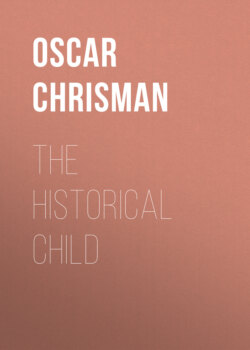Читать книгу The Historical Child - Oscar Chrisman - Страница 58
На сайте Литреса книга снята с продажи.
Adoption.
ОглавлениеTable of Contents
"When a Hindu had no sons, because of his wife's failure to bear them to him or because the sons borne to him had all died, two things were left to him to do, to take another wife or to adopt a son. If he adopted a child it was generally from among his own relatives or if a Brahmin, at any rate from his own caste. He might adopt a child or an adult, just as he should choose. Girls were adopted, but there were very few instances of such. The adoption was an event of importance and it was attended with solemn ceremonies.
"The adopted son renounces wholly and forever all his claims to the property and succession of his natural father, and acquires the sole right to the heritage of his father by adoption. The latter is bound to bring him up, to feed him, and to treat him as his own son; to have the ceremony of upanayana, or the triple cord, performed for him, and to see him married. The adopted son, in his turn, is obliged to take care of his adoptive father in his old age and in sickness, just as if he were his natural father, and to preside at his obsequies. On the death of his adoptive father he enters into full possession of his inheritance—assets as well as liabilities. Should there be any property left, he enjoys it; but if, on the other hand, there are debts, he is bound to pay them. He is, moreover, by his adoption admitted into the gothram or family stock of the adopter, and is considered to have left that in which he was born."66
